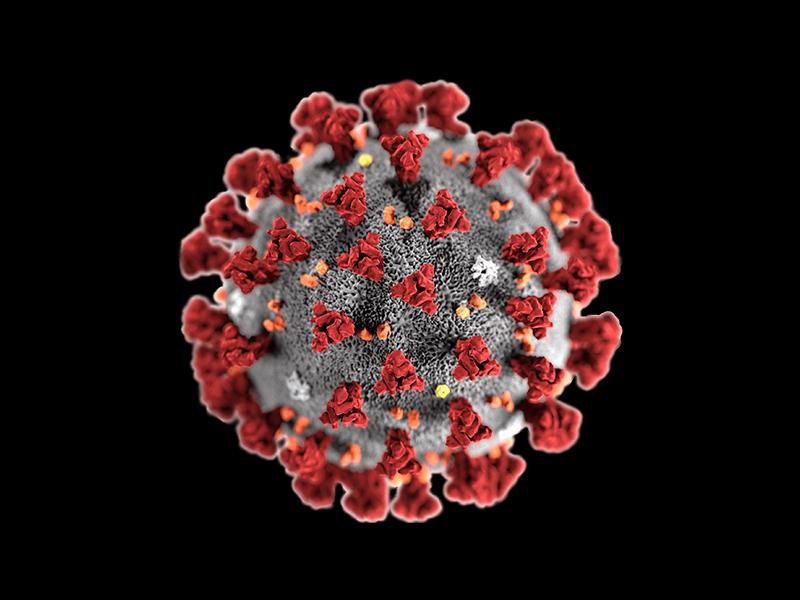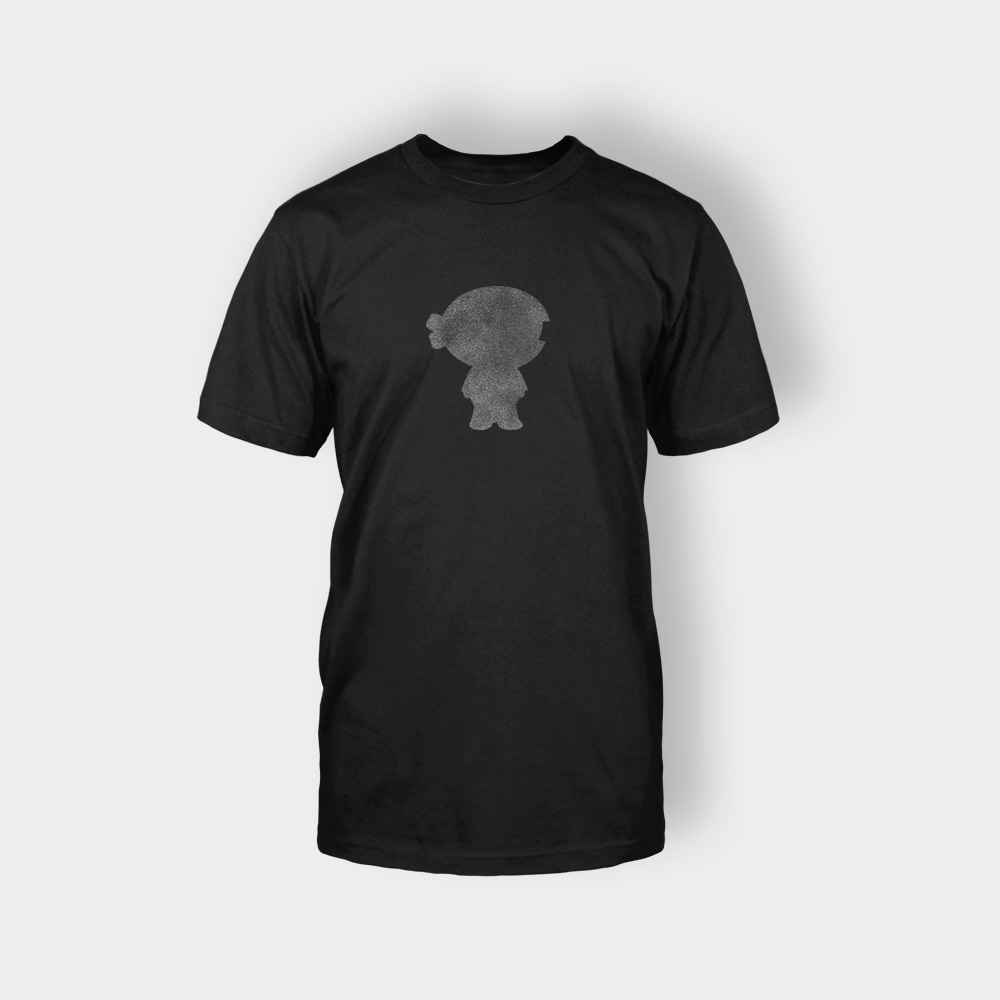Ibrahim Abdul’ Aziz, Yola based freelance correspondent writes on the experience of members of the correspondents chapel in Adamawa State when a member tested positive for COVID-19.

It was a big relief and celebration time for members of the Correspondents’ Chapel of the Nigeria Union of Journalists (NUJ) in Adamawa state when the result of their blood samples taken for coronavirus test returned negative.
The joy wasn’t only for the two members who had contact with the first index case, a member of the chapel, but for the entire members of the chapel, because the two members had contact with almost every other member.
Since the confirmation of the index case, a seasoned journalist in the state and a member of the chapel, he was stigmatised by the public and even some other colleagues.
This development had led to the closure of the office of correspondents’ at the deputy governor’s office.
Thereafter, the state NUJ Council directed that all the members of the chapel should go on self-isolation for 14 days and the state secretariat locked to contain the spread of the virus.
However, a few hours after the index case was taken to Isolation Centre at the state Specialist hospital, it was rumoured that he had died and the state government consequently barred correspondents’ from its office except for in-house journalists for fear of infecting employees with the dreaded coronavirus.
When The Guardian’s correspondent sought the governor’s broadcast speech at the Government House, security personnel on duty denied him entrance.
After several failed attempts, one of the security men said: “My brother, this is an order from above.”
When contacted, the Chief Press Secretary (CPS) to the governor, Humwashi Wonosikou said: “Sorry o my brother, this is an order from above that no journalists must come in, you know this issue of the index case.”
“Don’t worry; I have your email and WhatsApp contacts. I will forward (a) copy of ‘oga’ (governor’s) speech to you.”
Sign of relief
While the affected journalists were still being stigmatised, the good news came that the seven frontline contacts of the first COVID-19 index case tested negative to the virus.
Members started celebrating over the negative status of the frontline contacts of the index case but were really saddened by the stigmatisation, not only by the public but some other journalists who are not correspondent’s chapel members.
Chairman of Correspondent’s chapel, Abdullahi Tukur said: “most of us never had contact with the index case, but two of our members did and 98% of us also had contact with the two so you see we were all affected.”
‘’Some people called us names and even made comments they don’t even know about the victim, including some of our colleagues. Though painful, this did not stop us from reporting updates on COVID-19 and other events in the state.’’
One of the frontline contact while explaining his ordeal said “the last week was the longest days of my life. I could not do anything, so many thoughts came into my head, my colleagues, their families, my family and a lot.
“I got a hint on Sunday that our test was negative but because it was not official. There was still fear but now that the result is official, I thank God and I want to use this opportunity to thank my colleagues and my family for their support. It was indeed a trying moment for me.
READ ALSO: JOURNALISTS SHOULD PRACTICE WHAT THEY ARE REPORTING
” I want to ask for the forgiveness of my colleagues for the stress I made them go through following my contact with the index case and with them as well. It has been my prayers that my test comes out negative even though I did not show any symptom throughout my isolation”
To confirm their status, the state governor Ahmadu Umaru Fintiri had in broadcast said the second case that was later recorded, a medical doctor, had no contact with the index case adding that five of the primary contacts with the index case came out negative.
Similarly, a situation report by the State Ministry of Health also stated that the seven frontline contacts of the first COVID-19 index were all tested negative to the virus.
The report which was co-signed by Dr. Pembi Emmanuel, state epidemiologist, and Dr. Jerry Pantuvo, World Health Organization’s (WHO) surveillance officer on April 26, 2020, stated that “Index case is a 47-year-old man who presented with cough, fever, and body weakness on his return from Kano on 14 of April 2020. The sample was collected on 18/04/2020,” Patient is stable with all vital signs return to normal.
Already the index case was taken to a specialized facility to receive medical care. He remained at an isolation centre until earlier this week when he was discharged following his recovery from COVID-19 along with four other patients.
In a brief chat with colleagues, the index case who works for a national daily said he feels great to have survived COVID-19. “If you see the data of people who have passed away due to the virus, they are alarming. I’m really grateful to be alive but also grateful for the experience as I am able to share with people that COVID-19 is not a hoax like many people may believe in Nigeria.’’
He observed the novel coronavirus is complicated, saying ‘’ it’s a very tough moment for me but I am happy I beat it. It’s was an experience I don’t wish anyone to have.’’
He explained that for any victim, the first thing that comes to mind is, “am I going to die?” and fear of being counted as one of the people dead. I was asking myself, ‘Is Nigeria ready to handle the situation?’ I was just very scared but prayerful and hopeful.”
The patients were given some medications for treatment and side effects of the drugs.
Based on his experience, the index case advised colleagues to wash their hands, sanitize and most importantly, self-isolate.



